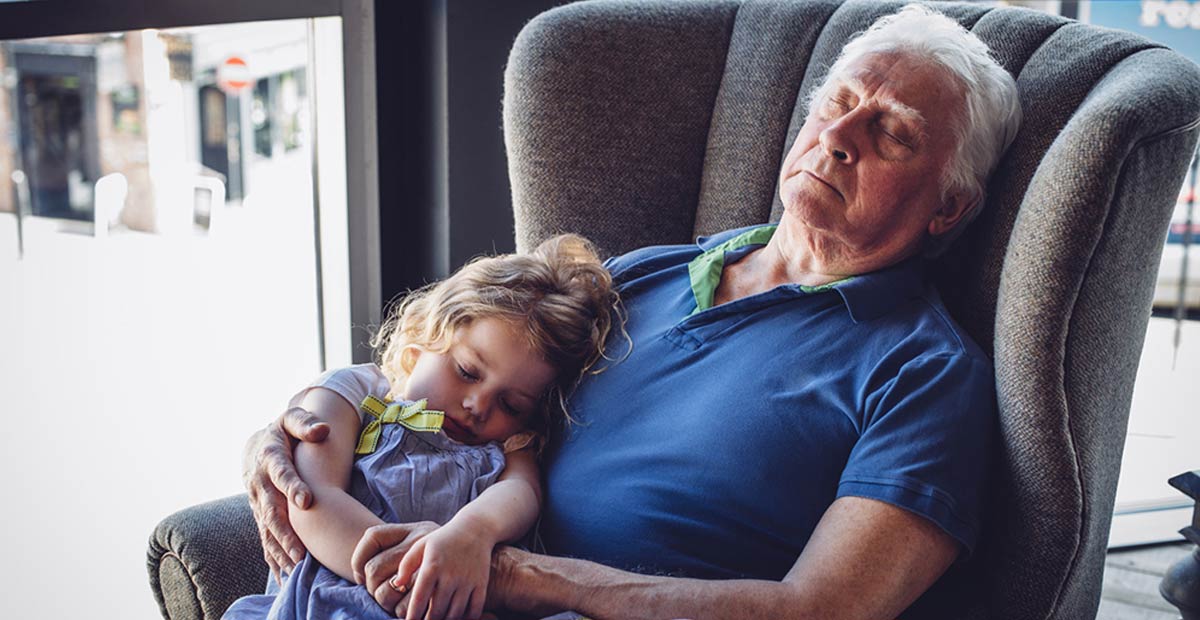As adults age, their sleep patterns often change. People may notice that it takes longer to fall asleep than before. Or, that they have a harder time staying asleep, which can result in more naps throughout the day. We talked with Kenneth Brubaker, M.D., C.M.D., corporate medical director at Masonic Villages, for his advice on dealing with changes in sleep patterns.
What is the most common change in sleep patterns as people age?
The most common thing that people notice as they get older, especially after retirement, is that they take more naps and feel more tired throughout the day, all while noticing that they aren’t sleeping well at night. There is a common misconception that as you get older, you need to slow down. I would say it is the exact opposite. You need to stay energized and active. One of the things I always do is ask people what their next job will be – that way they think about what is next and what activities they will get involved in. If you stay active, it can help with insomnia and some of the common sleep problems that people encounter.
Should people be concerned if they notice changes in sleep patterns?
Sleep pattern changes are common, so if you see changes, it’s important to keep an eye on them. One of the most common causes of sleep changes is depression, but changes in sleep can also be caused by medications. Many people may find themselves taking naps during the day, but I would advise to avoid napping and stay active in order to get a better night’s sleep. If you do have changes in your sleep, it is important to be careful about treating with sleeping aids. Just because you may have taken a sleeping aid when you were younger, it can sometimes cause delirium in older adults. Talk with your doctor before taking a sleeping aid.
What should someone do if they notice changes in their sleep patterns?
There can be underlying causes to any insomnia or changes in sleep patterns. If you do notice changes, it is important for you to visit your doctor so that they can take a history. They can help identify any potential causes that may be of concern.
Do you have any other tips for people as it relates to sleep?
I sometimes call it “retirement deconditioning.” Often times, I see that when people retire, they think that they are going to kick back, enjoy life and read the paper. I often advise people of the opposite – I tell them to stay active. When you get up in the morning, find something you want to do. You need to have a plan for the day. The less active you are, the more tired you feel. Inactivity can cause fatigue, so be sure to stay active, even if it is just going for a walk!




